Dyness also noted that virtual power plants (VPPs) are considered a significant component of the future energy mix in the Australian national electricity market. As of April 2022, the cumulative number of VPPs in Australia reached 61, with the main target focusing on household energy storage.
VPPs aggregate distributed energy resources, such as rooftop solar panels and energy storage systems, from multiple households to form a collective energy system. By participating in a virtual power plant, rooftop solar installations from individual households can engage in the energy market and offer a range of services, including generation, demand response, frequency control ancillary services, and backup power.
This participation brings economic benefits to both households and the energy market as a whole. However, the surge in solar energy supply has posed challenges to the power grid, and due to the decrease in on-grid electricity prices, there have even been instances of negative electricity prices, reducing the profitability of exporting surplus power.
During periods of surplus electricity, energy storage batteries play a crucial role as they can utilise the excess power for charging and provide electricity to households during peak pricing periods.
Dyness comes into play to further enhance the efficiency of rooftop solar systems, offering intelligent energy storage solutions like Powerdepot H5B and Powerbox, designed to address rooftop solar systems’ challenges.
By storing surplus electricity generated by solar panels, the Dyness system maximises self-consumption. It minimises reliance on the grid during nighttime or periods of high energy demand, ultimately optimizing the benefits of solar energy.
The working principle of Dyness‘s product is simple yet effective. it consists of reliable lithium-ion batteries that efficiently store excess solar energy. When solar generation exceeds the household’s energy demand the system intelligently stores the surplus electricity in its batteries. Subsequently, during nighttime or peak energy demand, the system automatically releases the stored energy to power the household’s electricity needs.
Dyness said its products have many advantages that help users use the product in a more hassle-free and convenient way. The APP monitoring function makes real-time monitoring and remote upgrades of the products easier. With the various mounting methods and module design, people can choose diversely installed methods and battery capacity.
In addition, most products have a high protection degree of IP65, which ensures safe operation in harsh outdoor environments in some regions of Australia.
As a leading brand in the energy storage industry, Dyness is committed to delivering high-quality, high-performance energy storage solutions. Products like Powerdepot H5B and Powerbox are renowned for their reliable safety features, efficient energy conversion rates, and long lifespan, ensuring users have dependable energy storage and supply.

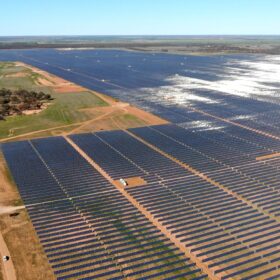
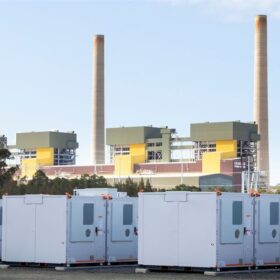
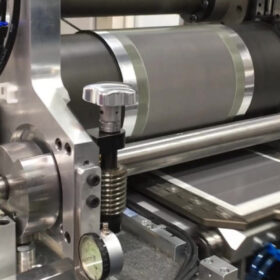
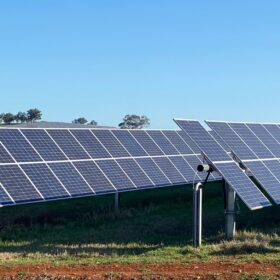
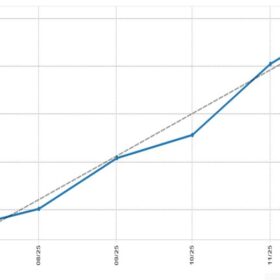
By submitting this form you agree to pv magazine using your data for the purposes of publishing your comment.
Your personal data will only be disclosed or otherwise transmitted to third parties for the purposes of spam filtering or if this is necessary for technical maintenance of the website. Any other transfer to third parties will not take place unless this is justified on the basis of applicable data protection regulations or if pv magazine is legally obliged to do so.
You may revoke this consent at any time with effect for the future, in which case your personal data will be deleted immediately. Otherwise, your data will be deleted if pv magazine has processed your request or the purpose of data storage is fulfilled.
Further information on data privacy can be found in our Data Protection Policy.